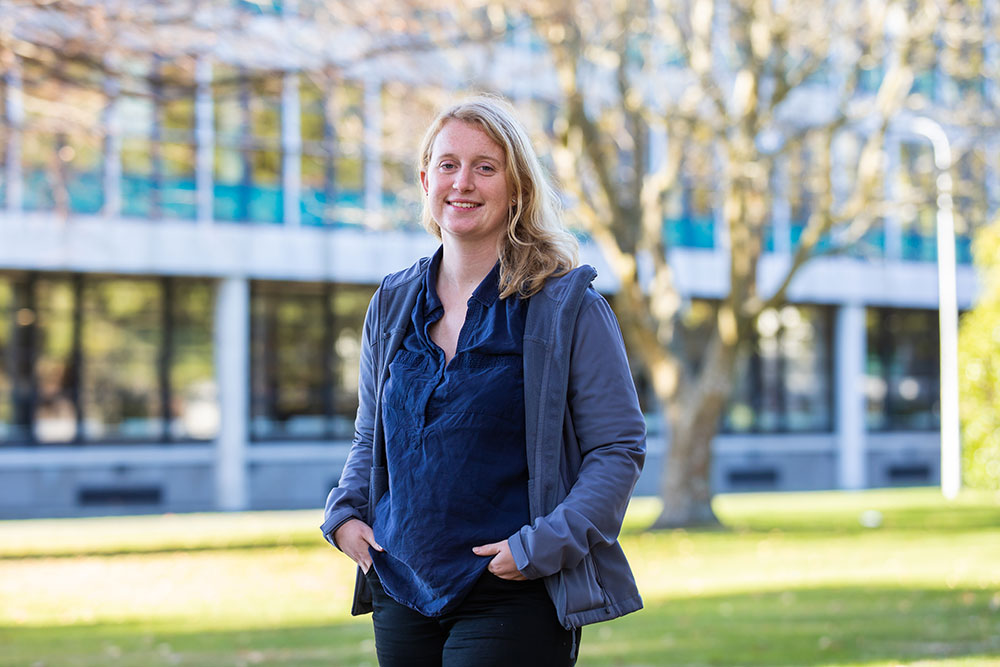Position
PhD student
Background
Kieran’s research involves enhancing the reliability and resilience of “smart” distribution grids by developing a method to determine the optimal location for smart sensors to be placed on a distribution grid, along with the requirements of the wireless communications infrastructure required to support the sensors, in order to maximize visibility and reduce the impact of a fault to a systems performance.
The performance of a distribution grid is represented by its ability to prevent and quickly rectify component faults. The System Average Interruption Duration Index (SAIDI) represents the average time each customer has without power each year. The SAIDI value, along with SAIFI – the average frequency of outages for each customer – is used to regulate a distribution grid companies. Because of this it is important for a company, as well as their customers, to be able to quickly locate faults and restore power after a fault occurs.
The goal of this research is to reduce the time it takes for faults to be located by increasing visibility of the grid with sensors and wireless communications. Faults can then be quickly located and isolated so that power is restored as fast as possible. When power is restored quickly after a fault, the impact to the affected distribution grids SAIDI is less severe and thus it is more resilient.
Distributed sensors are a developing technology and there are several important factors to consider in their implementation. Complexity, communication limitations and security are all issues that mean that it is ideal to have as few sensors as possible in order to ensure effective operation and reliability communications.
This research will be conducted in three stages. The first stage will be to develop a model to analyse the resilience of a distribution grid. Next, this resilience model will be used to develop an algorithm that can find optimal locations for sensors and supporting communications in a way that maximizes grid visibility and minimizes the number of sensors and infrastructure investment. Finally, this algorithm will be verified using data from the electricity distribution industry in order to verify its effectiveness.
Kieran is completing a PhD in Electrical and Electronic Engineering at the Wireless Research Centre (WRC) at the University of Canterbury with the Tait Communications Research Scholarship. He completed his BE(Hons) degree Electrical and Electronic Engineering at the University of Canterbury in 2014.










